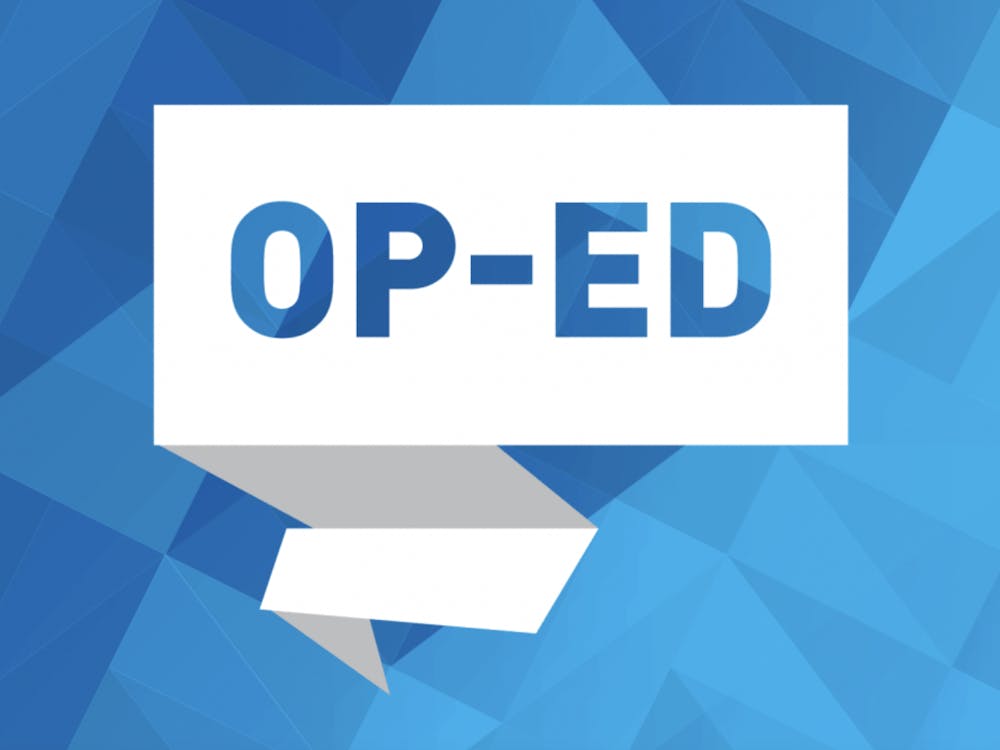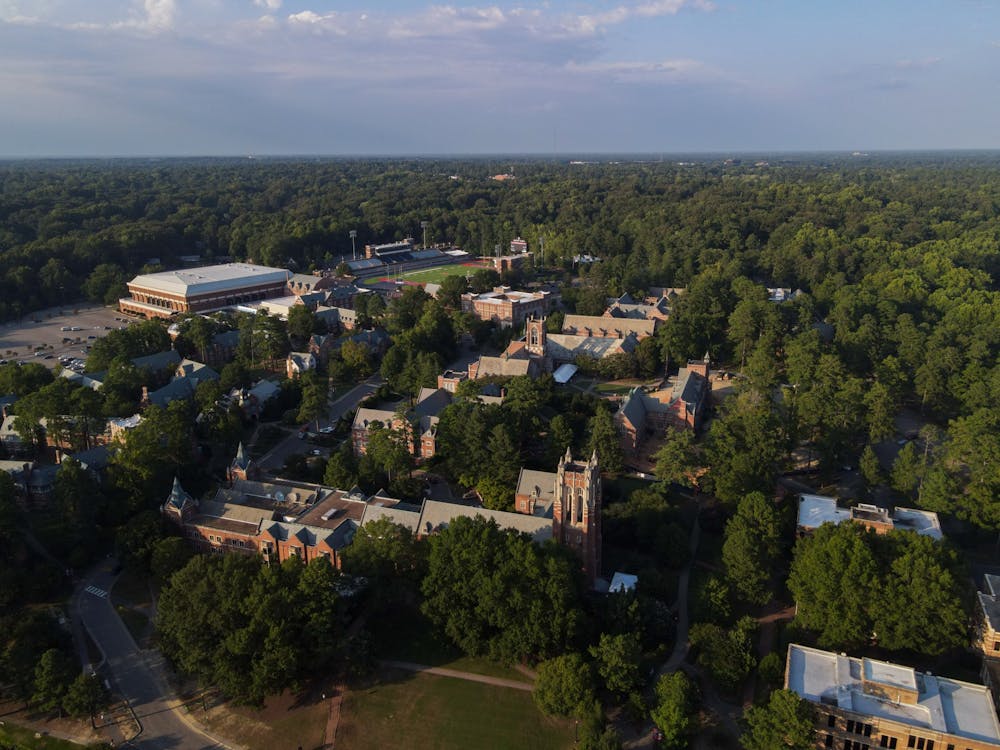A bone marrow drive will take place during the spring football game starting at 1 p.m. on April 10 at UR Stadium.
"Any time we can be part of a cause that helps the community, that's important to us, doing things outside of football," head coach Latrell Scott said.
The drives are important because they affect everyone in the community, he said.
"If you took a survey of the team or the campus, a majority of people know someone affected by cancer," he said. "This is not only a project for the football team, but a challenge for the campus."
The team also held a drive last year that was especially significant because former head coach Mike London had previously donated bone marrow to save his daughter's life.
He was a donor several years ago for his daughter, Ticynn, who needed a transplant because of a genetic disorder, according to a Richmond Times-Dispatch article.
"He was a big advocate for it," Scott said.
Potential donors are tested to see if they are matches for any patients in need of transplants. The University of Richmond drive will begin this testing process. Scott said he expected most of the team members and coaches to get tested.
"I don't know if we'll donate, but the majority of us will be tested and if we match, I'm sure we will," he said. "This whole thing is to try to get the process started."
Andy Talley, Villanova University's head football coach, has dedicated more than 15 years to raising awareness about the need for marrow donors, said Antoine LaFromboise, a media relations spokesman for Be The Match, a national marrow donor program. Talley has encouraged his football team and others to be tested, and last year more than 8,000 people joined through football teams' "Get in the Game. Save A Life" donor drives.
Through the "Get in the Game. Save A Life" program, university faculty, staff and students can join the Be The Match registry. To join, people need to be between 18 and 60 years old, be willing to donate to any patient in need and meet the health guidelines, LaFromboise said. Registration involves completing a health history form and giving a swab of cheek cells.
Thirty-one college football teams, including Richmond, are participating in the program. The combined goal for all the teams is to sign up 5,000 potential marrow donors this year as part of the program, LaFromboise said.
Enjoy what you're reading?
Signup for our newsletter
"Villanova and Temple University do a good job with this," Scott said. "There is kind of a competition between schools, so students can help us beat Villanova."
Thousands of patients with leukemia and other diseases depend on the Be The Match registry to find a donor to save their lives.
Patients need donors who are genetic matches. Despite a registry of millions of potential donors, many patients cannot find a match, according to the Be The Match Web site. Because tissue types are inherited, patients are most likely to match someone of the same race or ethnicity, so donors with diverse racial or ethnic backgrounds are especially needed.
The first step to becoming a bone marrow donor is to join the Be The Match registry. Doctors around the world search the registry to find matches for their patients.
There are two ways people can donate, according to the registry Web site. The most common is peripheral blood stem cell (PBSC) donation. This is a non-surgical, outpatient procedure where the donor receives injections of a drug that increases the number of blood-forming cells. The other is marrow donation, a surgical, usually outpatient, procedure done under anesthesia.
Once a donor match has been found, patients undergo chemotherapy and sometimes radiation to destroy their diseased marrow. Then a donor's healthy cells are placed directly into the patient's bloodstream, according to the Web site.
Seventy percent of patients in need of bone marrow transplants depend on the Be The Match registry to find a donor because they do not have a matching donor in their family.
Contact reporter Ashley Graham at ashley.graham@richmond.edu.
Support independent student media
You can make a tax-deductible donation by clicking the button below, which takes you to our secure PayPal account. The page is set up to receive contributions in whatever amount you designate. We look forward to using the money we raise to further our mission of providing honest and accurate information to students, faculty, staff, alumni and others in the general public.
Donate Now


